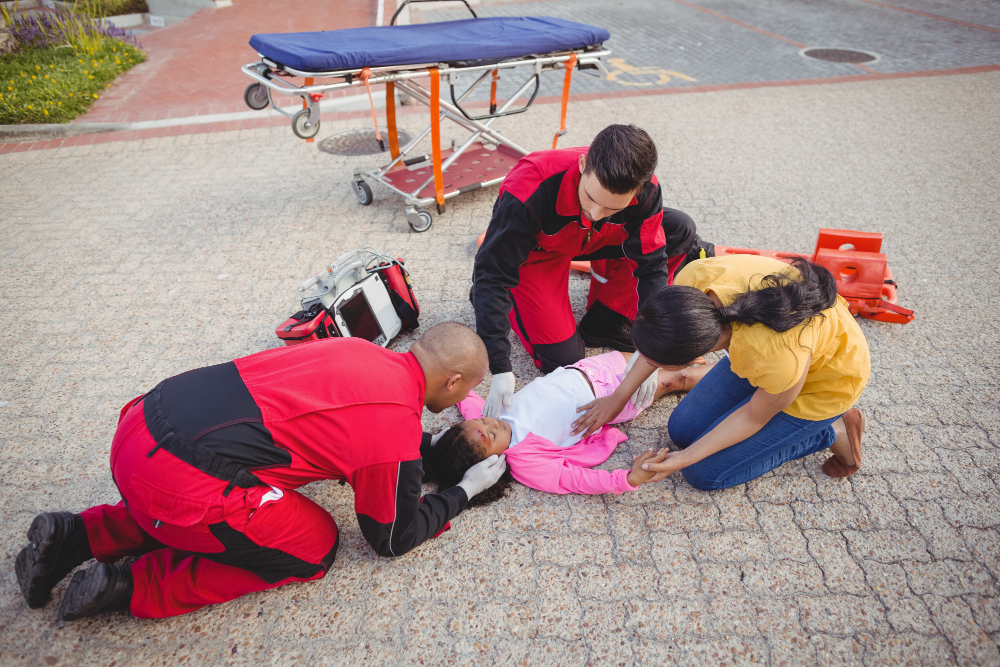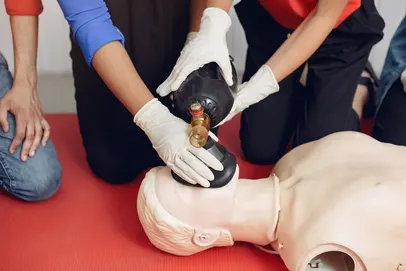Early intervention can stabilize a patient and prevent complications. For instance, applying pressure to a bleeding wound can prevent excessive blood loss, while immobilizing a fracture reduces the risk of further injury.

Blog - Why Medical first aid is crucial ?
Medical first aid is crucial because it provides immediate care during emergencies, preventing minor injuries from worsening and saving lives in critical situations. It stabilizes patients, reduces pain, speeds up recovery, and empowers people to act confidently in accidents, promoting safety and well-being until professional medical help arrives.

In critical situations like cardiac arrest, severe bleeding, or choking, immediate first aid can mean the difference between life and death. For example, performing CPR can keep blood flowing to vital organs until professional help arrives.


Simple actions like cleaning a wound, applying ice to a sprain, or placing an injured limb in a comfortable position can significantly reduce pain and ease distress.

Prompt and appropriate first aid care can minimize injury severity, leading to faster recovery times. For example, cooling a burn immediately can prevent deeper tissue damage, reducing long-term scarring and recovery duration.

Cleaning wounds and using antiseptics can stop bacteria from entering the body, preventing infections that could otherwise lead to serious complications or even sepsis.

First aid training gives people the knowledge and confidence to take immediate action in emergencies, instead of feeling helpless. This can prevent panic and ensure a calm, organized response.

Learning first aid promotes a culture of safety, making people more conscious of hazards at home, work, or public places, helping prevent accidents from happening in the first place.

In situations where professional medical help is delayed — like during natural disasters, in remote areas, or on long trips — knowing first aid can keep a patient stable and alive until help arrives.

By preventing conditions from worsening, first aid can reduce the need for more complex medical treatments, lowering overall healthcare costs and burden on medical facilities.

Children, seniors, and people with chronic conditions are more vulnerable to accidents and sudden medical issues. Knowing first aid equips caregivers to handle common emergencies like falls, choking, or diabetic shock effectively.
In Summary:
Medical first aid is not just a skill — it’s a responsibility. Whether it’s a minor cut or a life-threatening incident, being prepared to provide immediate care can save lives, reduce suffering, and make a huge difference in any emergency.
PRIVACY NOTICE: This website uses cookies and similar technologies to manage your sessions, manage content, and improve your website experience. To learn more about these technologies, your options, and about other categories of personal information we collect through this website and how we may use it, please see our privacy policy. This notice is effective for your use of this website for the next 8 days.